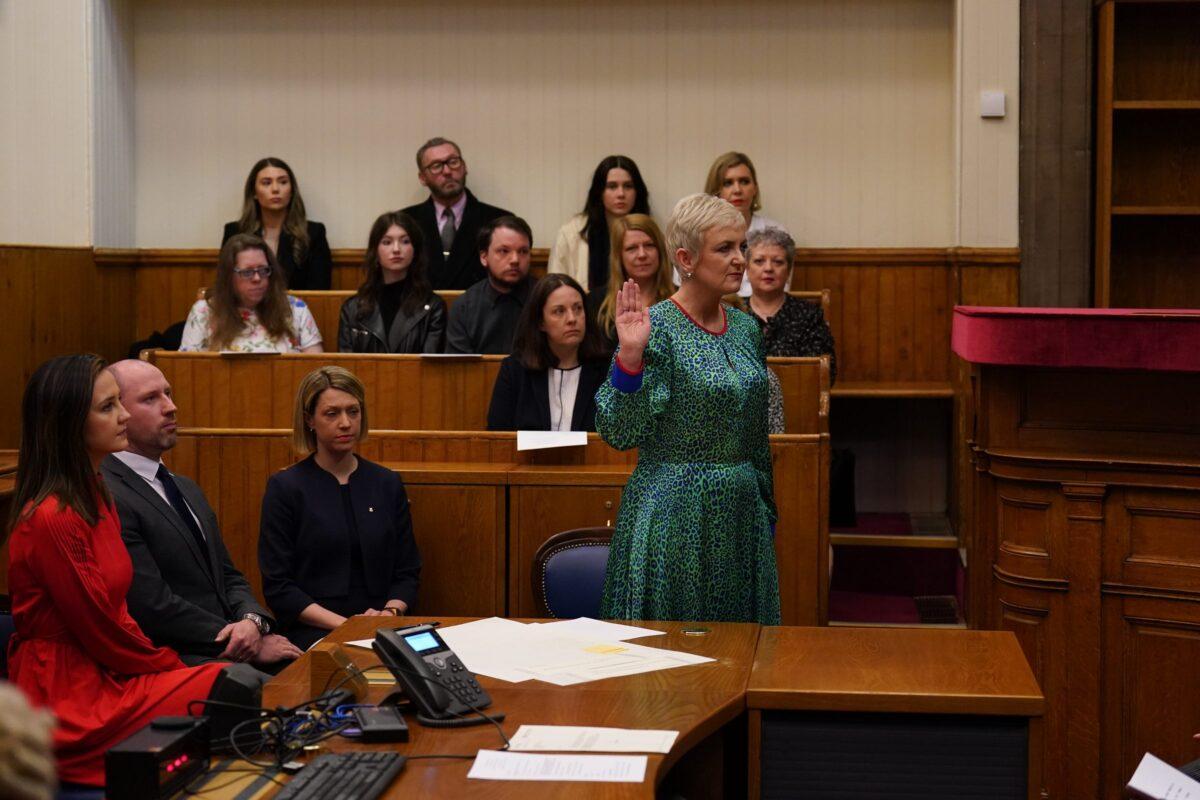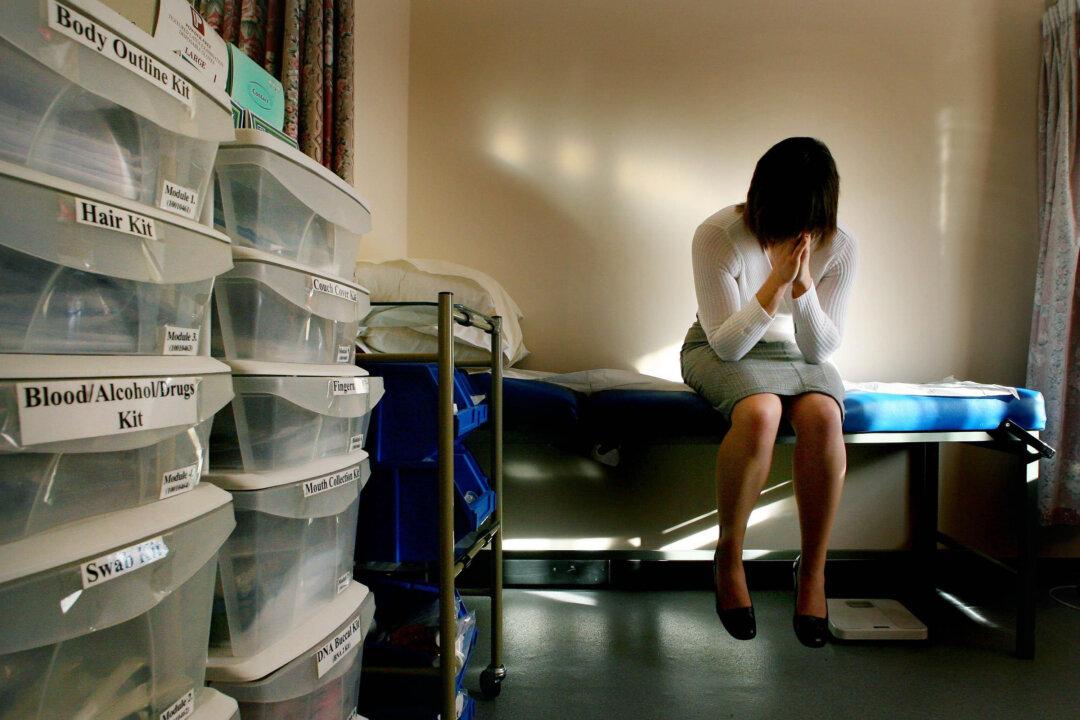The Scottish Government’s plans to introduce trials without juries in rape cases have been opposed by the professional body representing solicitors north of the border, which says its members will boycott them.
Simon Brown, the vice president of the Scottish Solicitors Bar Association (SSBA), told a Holyrood committee on Tuesday the proposals were “experimenting with people’s lives.”
Last year the Scottish Government put forward legislation that would allow a pilot scheme with judges only sitting in rape cases. They also proposed getting rid of the verdict of not proven, which is available to juries in Scotland as an alternative to guilty or not guilty.
‘Unconscious Bias Towards Conviction’
Giving evidence to the Scottish Parliament’s Criminal Justice Committee, Mr. Brown said, “If you look at this pilot in response to a perception that the conviction rate for rape trials is too low, therefore by any objective test the pilot can only be a success if it does increase conviction rates, because if it doesn’t then what’s the point of it?”That could result in an “unconscious bias towards conviction,” he said.
Russell Findlay, a Conservative MSP, said it would open a “can of worms” if judges were expected to come to the “right” verdict.
Juries have been a mainstay of the British legal system—in Scotland as well as England—for centuries and it is not clear if a rape defendant would have the right to challenge the removal of a jury in their case at the UK Supreme Court.
The only time a trial in England was allowed to go ahead without a jury was in March 2010 when John Twomey and three other men were convicted of a £1.75 million robbery at Heathrow Airport.
Scottish Justice Secretary Angela Constance said last year the reforms had been designed following consultation with rape survivors, victims, and their families, and would make Scottish courts more sensitive and less traumatic.
Mr. Brown told MSPs, “This is such a fundamental change to the Scottish legal system that it is one that must be opposed.”
He said: “Our job to be an advocate for those who cannot speak for themselves, and to see that people receive a fair trial.
“And if we look at a court, and in particular this pilot, and we are of the view that this doesn’t constitute a fair trial, it wouldn’t be appropriate for us to represent clients in it,” said Mr. Brown.

He said: “We can talk all day long about how this is just a pilot scheme and how this is just exploring things, but these are real people and if they are convicted they will have real convictions, and that’s an issue. You are experimenting with people’s lives, effectively.”
Mr. Brown said more than 97 percent of the 400 SSBA members were opposed to the no-jury pilot, which is part of the Victims, Witnesses and Justice Reform (Scotland) Bill and would boycott it.
“We can’t see any avenues that the criminal legal bar would be prepared to take part in such a pilot scheme,” he added.
He said lawyers could not be compelled to take part in the pilot scheme.
SNP MSP John Swinney said if the Scottish Parliament passed the legislation, the pilot would become the “law of Scotland” and he questioned how solicitors would “have the right not to follow that law.”
Do Juries Really Believe in Rape Myths?
Earlier Mr. Brown was asked about the so-called rape myths, which include the wrongful belief that rapes are mainly perpetrated by strangers and always involve physical force.Audrey Nicoll, an SNP MSP and convener of the committee, asked him why he did not believe jurors were susceptible to rape myths.
Mr. Brown also added, “There’s no evidence that single judges are any less susceptible to rape myths than jurors are.”
Ms. Nicoll then said, “There seems to be a strong body of evidence which suggests that rape myths are problematic and do exist.”
Mr. Brown replied: “We are not in any way suggesting there are not rape myths. There is a clear body of evidence which suggests these preconceptions do exist but the removal of the jury is not the way to deal with that. The way to deal with that is through education.”
Mr. Naughton, an expert on false allegations and wrongful convictions who has won numerous awards and prizes for his work, said, “For the past 30 years there has been this slow but gradual erosion of all the safeguards that protect against wrongful convictions.”







